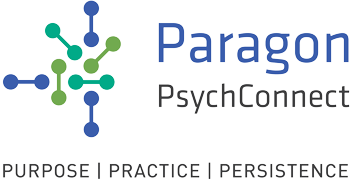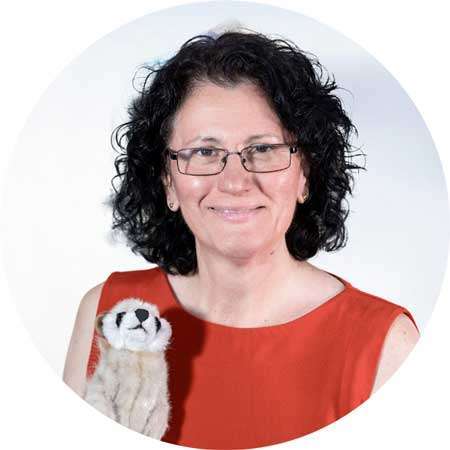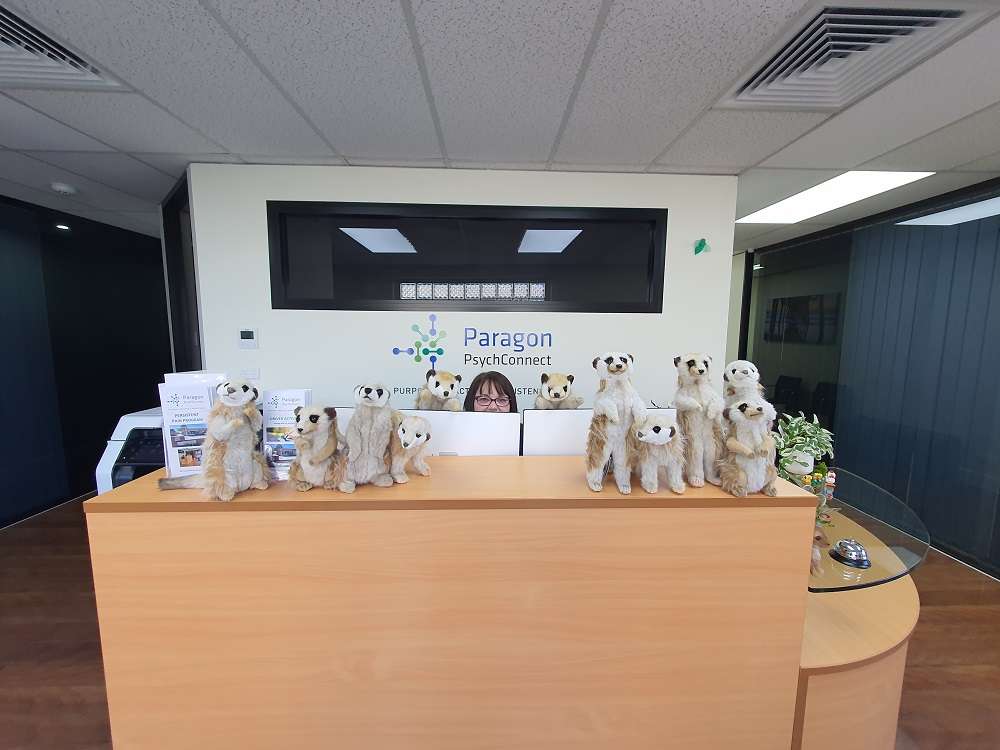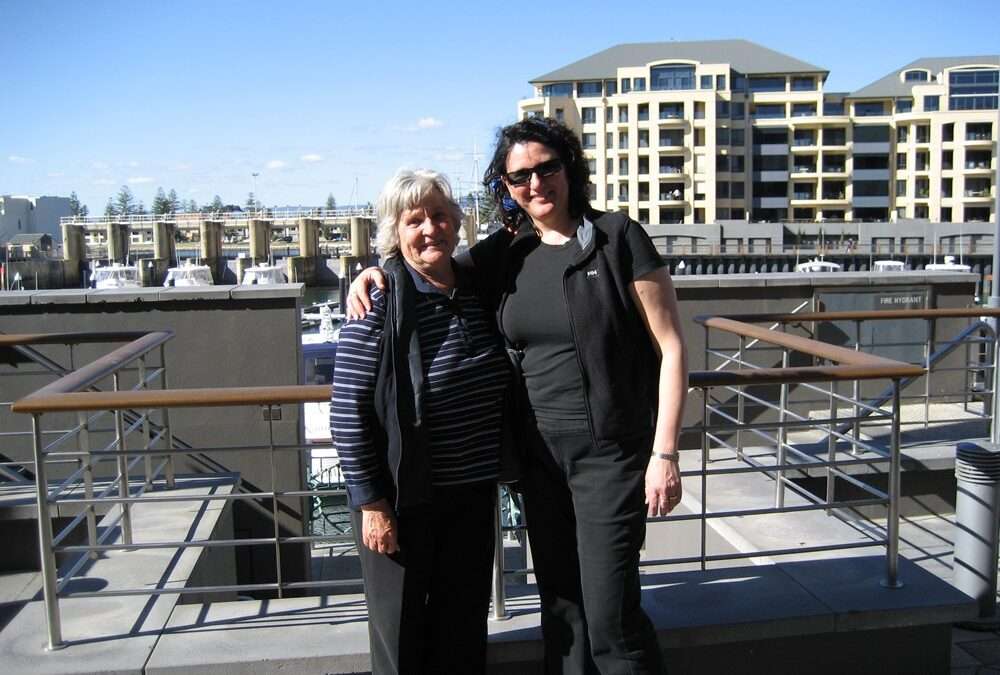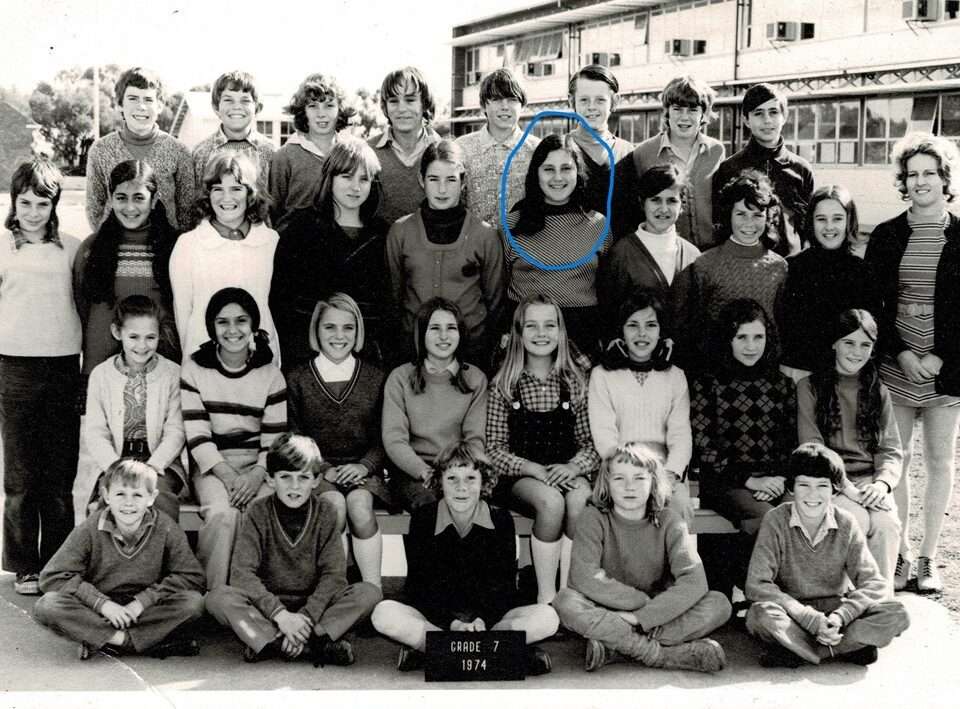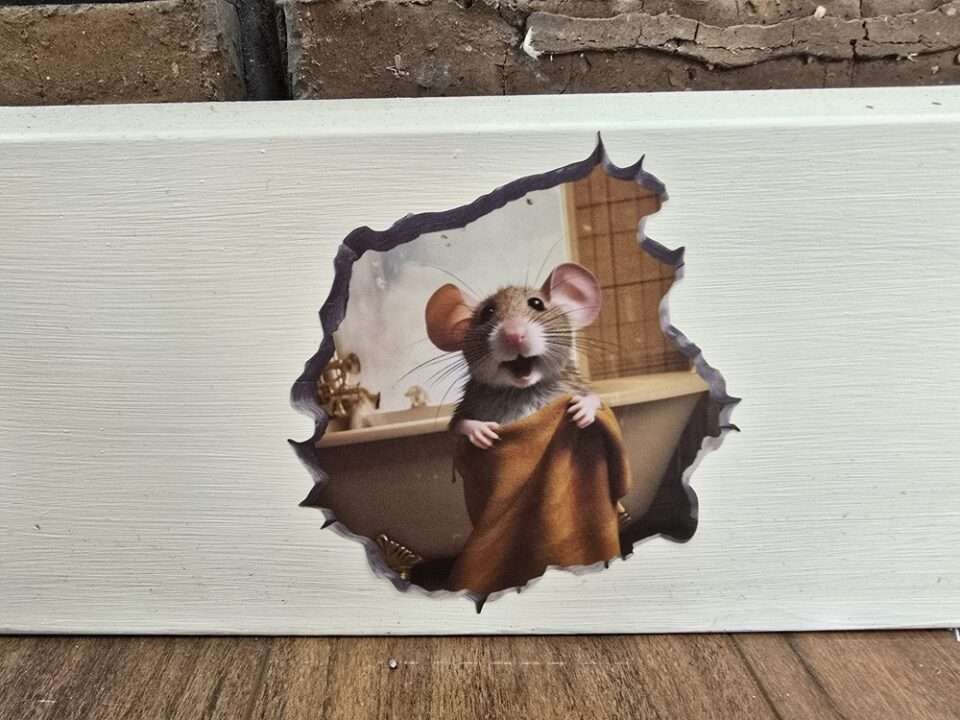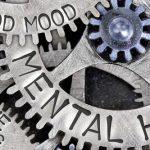
Mental Health Month October 2024
03/10/2024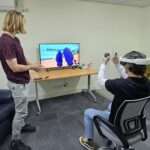
Facing Your Fears Virtually: The Future of Therapy is Here
17/11/2024Life Lessons Through Metaphors: Insights for Personal Growth
My mother and I live in Australia, but we come from a rich Greek heritage. Our family moved here in 1964, bringing along many traditions and valuable lessons. At 94 years old, my mother is a treasure of wisdom, often sharing her insights through colourful metaphors.
One of her favourite sayings is, “The hunchback never sees his own hump.” This saying teaches us about self-awareness and humility. My mother learned these lessons from her wise mother, and she and her siblings used these metaphors as a guide for living well.
The Hunchback Metaphor: A Lesson in Self-Awareness
“The hunchback never sees his own hump” is a powerful metaphor that highlights a common human experience. It means that people often don’t recognize their own flaws, even when they are clear to others.
This lack of self-awareness can lead to problems in relationships and personal happiness. My mother uses this metaphor to stress the importance of looking inside ourselves. By acknowledging our own “humps” or imperfections, we can grow as individuals and improve our relationships with others.
In today’s fast-paced world, where social media often overshadows genuine self-reflection, this lesson is more important than ever.
The Role of Metaphors in Shaping Values
Metaphors are great tools for understanding complex ideas and making them easier to grasp. For my mother, they are a memorable way to share wisdom that can be passed down through generations.
As a psychologist, I also use metaphors in my work to help clients express their feelings and experiences. They cross cultural boundaries and make it easier to discuss personal issues.
My mother’s use of metaphors shows how traditional wisdom can align with modern psychology.
Humility and Empathy: Core Values
Another important lesson from the hunchback metaphor is humility. Recognizing that we all have our own “humps” encourages us to be more empathetic toward others. This understanding helps create a kinder community where people are less judgmental and more supportive of one another.
My mother embodied these values, using her metaphors to instill humility and empathy in our family as I grew up. Her sayings remind us that everyone faces challenges, and by acknowledging our imperfections, we can better help those around us.
Conclusion: The Enduring Wisdom of Metaphors
The wisdom of my Greek mother is a valuable collection of life lessons. Her metaphors, especially “the hunchback never sees his own hump,” offer deep insights into self-awareness, humility, and empathy—values that are timeless and relevant for everyone.
In a world that often focuses on appearances and achievements, my mother’s teachings encourage us to look within ourselves. By accepting our flaws and striving for personal growth, we can live more fulfilling lives and connect better with others.
So, the next time you feel quick to judge or hesitate to recognize your own shortcomings, think of the hunchback and his hump. Let this metaphor guide you toward greater self-awareness and empathy, just as it has for our family through the years.
